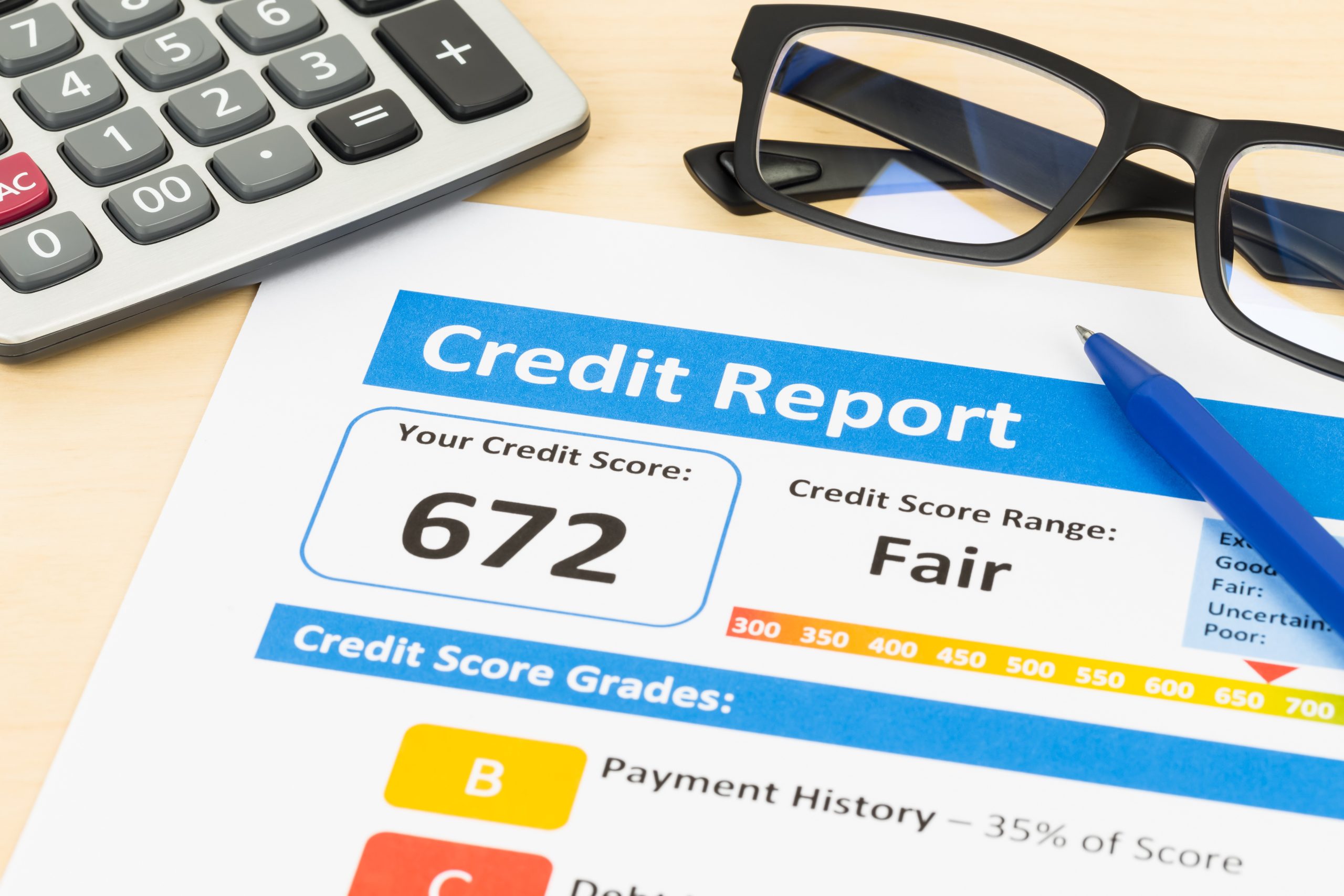You Ask, We Answer: How Can I Improve My Credit Score?
If you’re looking to purchase a home, it’s essential to know that a good credit score is a crucial factor in the process. If you have looked at your credit score and aren’t thrilled by the number you see, don’t fret. There are many trusted and straightforward ways to raise your score. Read on to learn why good credit matters, what is considered good credit, and how to increase your credit score.
Why Does Good Credit Matter?
When looking to purchase a home, a good credit score is critical. Lenders look at your credit score and your entire credit report when you are going through the process of applying for a mortgage. A positive report will help you get better loan terms and easier approval. A higher credit score will allow a lender to give you a lower interest rate, meaning a “good” or “excellent” credit score can save you thousands of dollars over the term of your loan. Having a higher credit score doesn’t just help with a mortgage; it helps with everything that involves financing, including cars, obtaining credit cards, or even a business loan. When you have a better credit score, you are considered a low-risk borrower, which may come with a bank offering better rates, fees, or even special perks. On the opposite end of the spectrum, those with lower credit ratings are considered higher-risk borrowers. You may be stuck with a higher interest rate or be pre-approved for less than what you’re hopeful for if you have a lower credit score.
What Is Considered Good Credit?
Now that you know why good credit is so important, you may wonder what good credit even is. Credit scores have a typical range of 300 to 850. Your score is calculated using your payment history, the amount of debt you have, and the length of your credit history. This is all found in your credit report obtained by lenders and is an important factor in determining the terms of your mortgage, including how much you can be pre-approved for. Don’t stress too much about having a perfect credit score. Everyone’s financial background and credit history are different, and lenders may take that into consideration. There is no “magic number” that may land you a better pre-approval. According to Investopedia, credit scores that range from 580 to 669 are generally “fair”; 670 through 739 are “good”; 740 to 799 are “very good”; and 800 and up are “excellent”. Those with credit scores that fall in the “fair” range may find it more challenging to qualify for better loan terms. Those with scores under 580 generally fall into the “poor” credit range and may have difficulty qualifying for a mortgage. Different lenders have different criteria for pre-approval and will include information such as your income or other factors. The credit scores they accept may vary depending on the requirements.
Increasing Your Credit
Increasing your credit score is not a perfect science. A high credit score is determined by factors such as paying bills on time, not taking on too much debt, and understanding how to budget spending. These are the things you may want to work on in order to increase your credit. First, one of the most beneficial things you can do to improve your credit score is to pay your debts on time and in full. Your payment history is a major contributing factor to your credit score. Don’t let those payment deadlines sneak up on you! Mark the date on your calendar early, set a reminder on your phone a week before, or set bills to autopay before the deadline. Paying your bills on time will reflect positively on your credit report and help you increase your score. This will show a lender that you pay back your debts promptly and help you qualify for a mortgage. If you need to catch up on any bills, work to pay those accounts down first. The next things you can do to increase your credit score is to limit how much debt you take on and budget your spending. If you consistently max out your credit cards every month, your credit score will take a hit. A lender could believe you are not financially responsible enough to take on a large debt. Another thing that may work against you on a credit report is having too many lines of credit. Things like car loans, credit cards, and student loans all count as individual lines of credit. Seeing too many of these lines of credit on your account negatively impacts your credit report. Additionally, applying for new lines of credit can hurt your credit. Before signing up for that store credit card to save 10% on your purchase, ask yourself if there is another way to save a few dollars. Keeping these simple tips in mind will help you when you are looking to improve your credit score.
The best way to know if your credit score measures up is to reach out to a mortgage lender. At Calcagni Real Estate, our agents are the Real Estate experts and can recommend the best mortgage brokers in the state. If you are ready to get pre-approved, reach out to your Calcagni agent.



